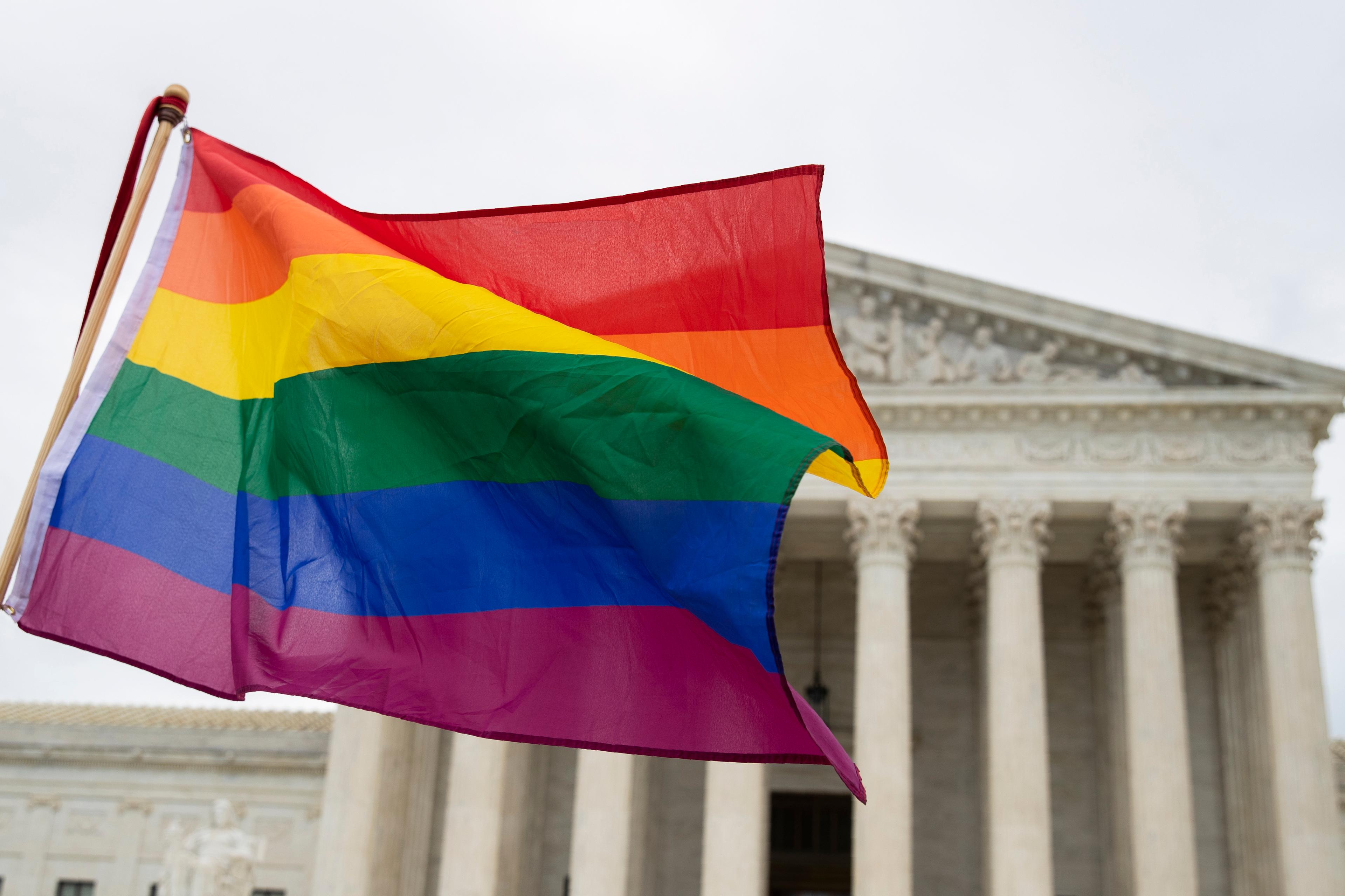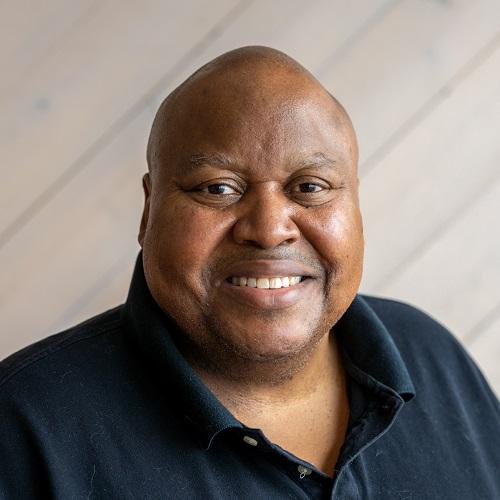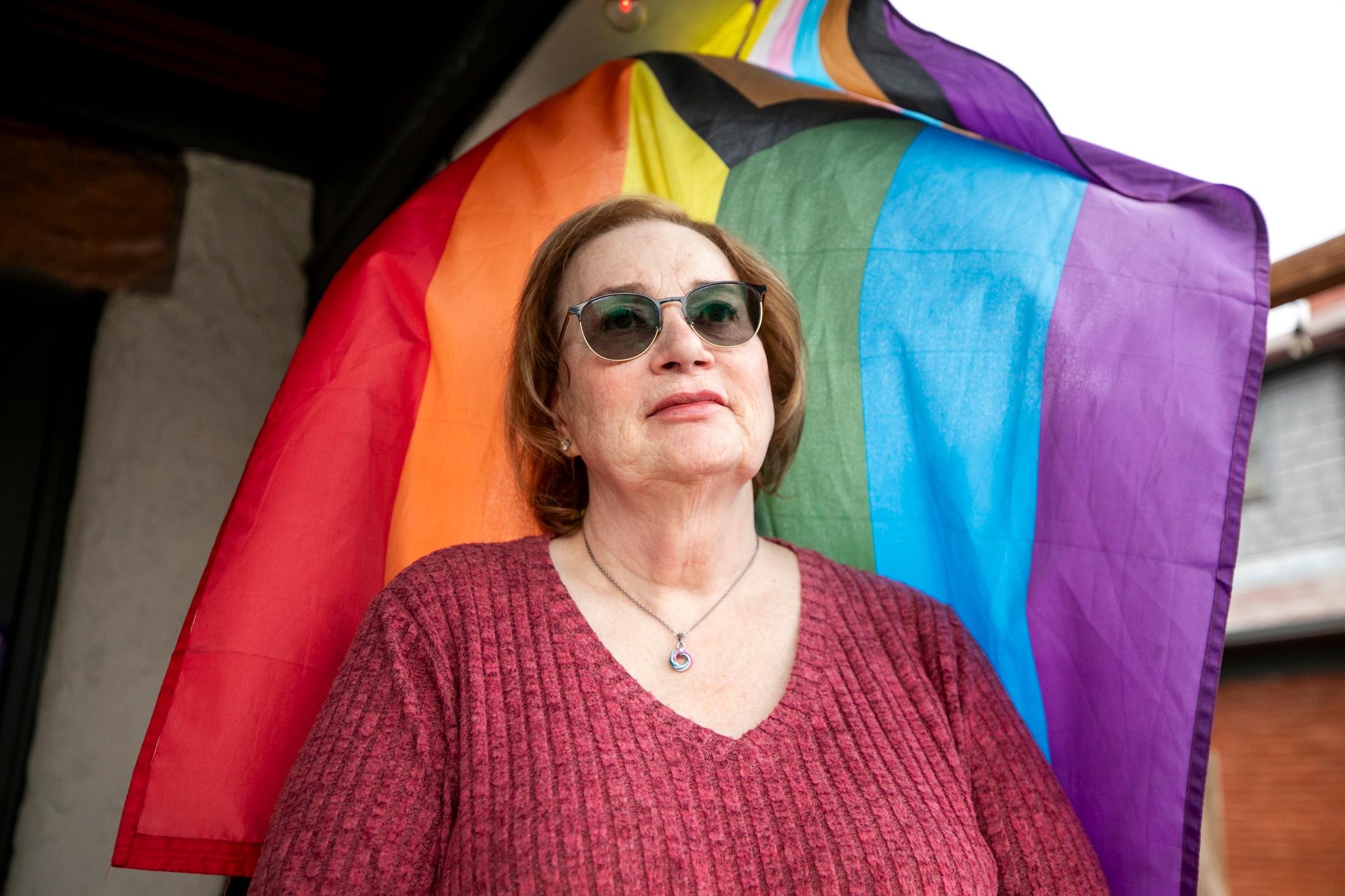
Every morning when Carol Smith arrived at work, she went straight to the women’s locker room.
“It was the time where you caught up,” Smith said. “All the women from all the departments were in there, and we'd be chatting about different things. We would talk about kids and clothing and vacations and dates and whatever.”
She called the time spent sitting in between those blue, steel lockers the highlight of her day.
But that all changed after President Donald Trump entered the White House.
Within hours, he signed an executive order that said the federal government would only recognize two sexes — male and female. It directed federal agencies to bar transgender workers from single-sex facilities. The order was part of a larger effort to fulfill his campaign to eliminate what he has referred to as “transgender insanity” and roll back diversity and inclusion policies under the Biden administration.
“There's definitely been a backlash towards the gains that trans and gender-diverse people have made over the past couple of decades,” Sable Schultz, the Director of Transgender Services at The Center — a Denver-based nonprofit that serves as a resource center for the state’s LGBTQ community.
Since then, the Trump administration has signed multiple executive orders that will have massive consequences and impacts on the lives of transgender and other members of the queer community from healthcare to legal recognition to protection from discrimination.
In the weeks running up to International Transgender Day of Visibility, which occurs every March 31st and was founded 16 years ago to celebrate transgender people and highlight their challenges, Schultz says the day this year feels more somber.
“There's definitely a caution and awareness,” Schultz said. “A sort of vigilance about the challenges that we might be facing before us.”
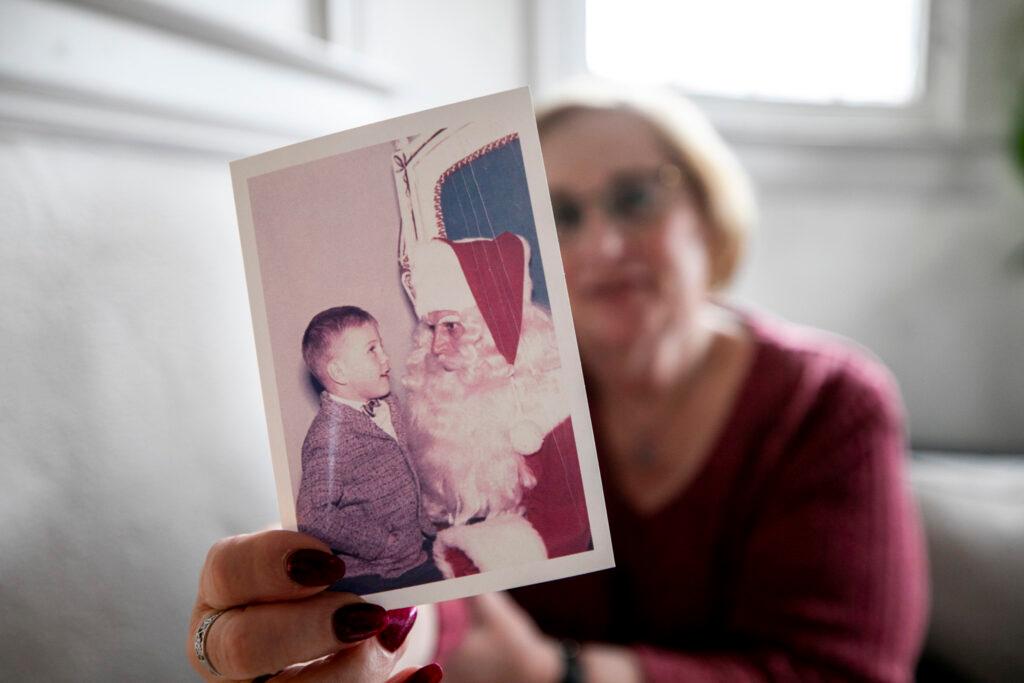
Smith, a transgender woman, lost her designated locker, one she had reveled in decorating with colorful stickers of unicorns and pride flags.
“It pointed out, ‘Hey, I'm not hiding anything from you people." Everybody at work knows I'm trans,” she said. “But it's not my locker anymore. I was moved out of there very quickly. And just so people knew that I hadn't quit, I put a little sign up on my locker.”
That sign read, “Sorry, I have to go. The president says I'm not human enough to be in here with you anymore.”

Now, Smith gets changed into her scrubs every day in a janitor closet next to the locker rooms or in the occasional ungendered restroom when it's available. Smith is one of thousands of federal transgender employees who have been impacted by the Trump administration’s push to dismantle diversity and inclusion initiatives. Smith — a Vietnam War veteran who was ‘let go’ after 14 years of service in the military shortly after she transitioned in 1986 — feels strongly about it.
“This year is more important than ever before because they are trying to erase us,” Smith said, who says she “thanks God” she lives in Colorado. “I do feel safe for the most part here in Denver. I do. I am always aware of the fact that we're a unique state.”

Despite Colorado being a "sanctuary state” for transgender and gender-diverse people — including access to gender-affirming care and anti-discrimination legal protections — Schultz said that the federal government’s attacks on the LGBTQ+ community have brought “a lot of fears.”
“We have a lot of protections in place in Colorado,” Schultz said. “But that doesn't stop a lot of concern by transgender, transgender-diverse and non-binary people here in the state — there's a lot of fears.”
Among those are what sort of impact federal funding cuts may have on things like Colorado Medicaid — which covers transition-related care — as well as worries around identification — specifically updating gender markers on government-issued identification documents, like passports, visas, and driver's licenses.
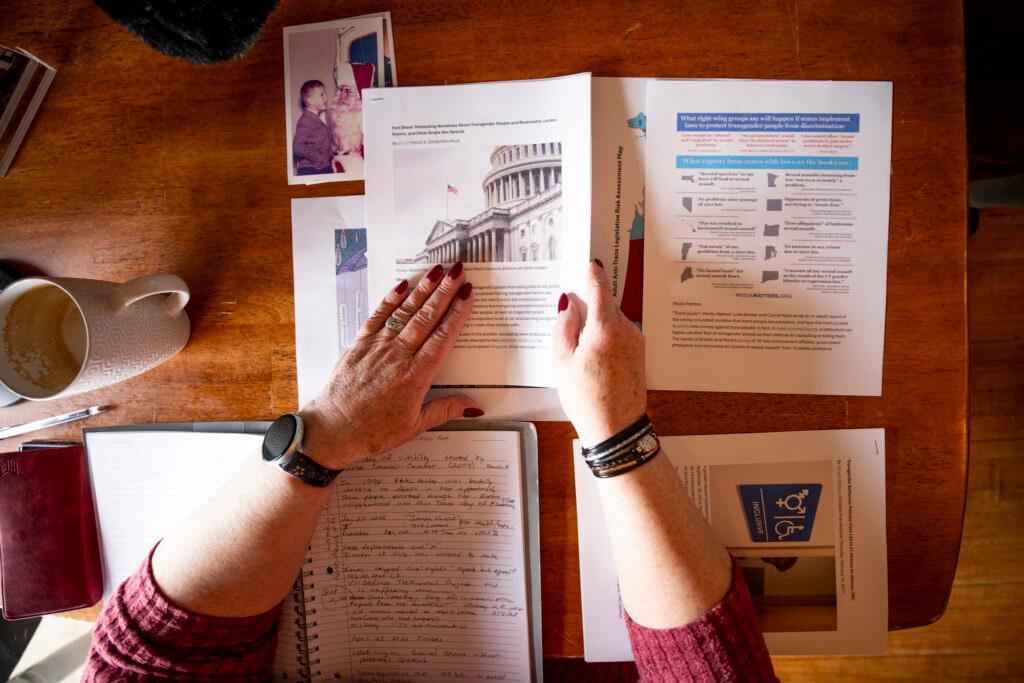
This is something Smith says she is now worried about using her own passport, which includes her female gender marker, to travel.
“At this point, I'm not even sure if I tried to use it, whether or not they would confiscate it at the border and deny me travel,” she said. Smith worries that if her passport is confiscated, the government will change the listed gender on her passport, something that happened to actress Hunter Schafer earlier this year.
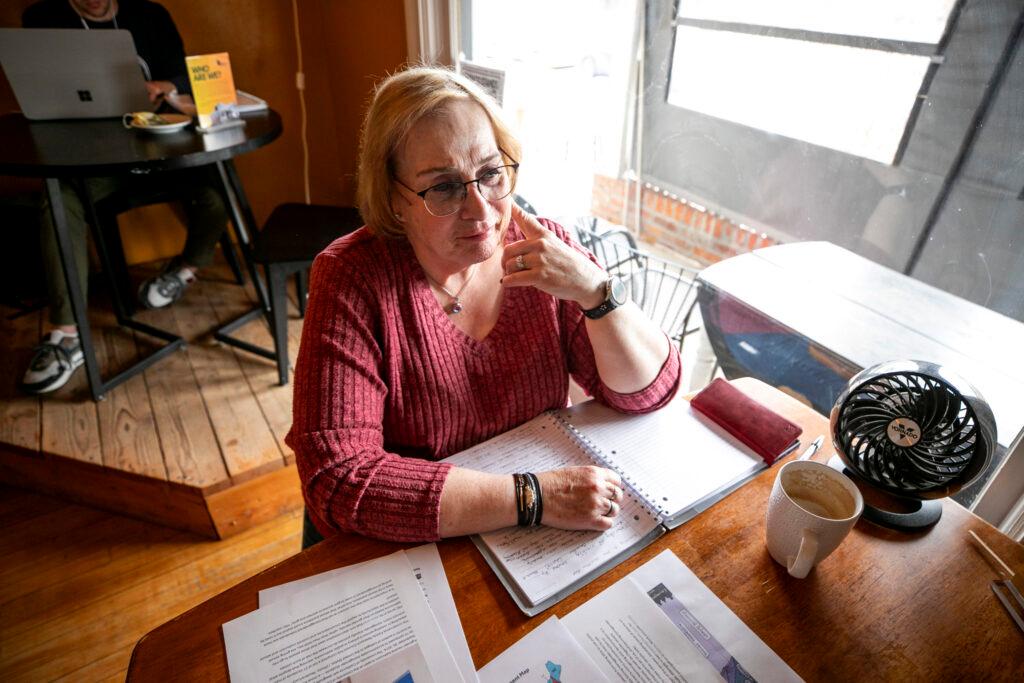
Despite the significant impacts on the LGBTQ+ and gender-diverse community nationally, both Schultz and Smith say that International Transgender Day of Visibility is still worth celebrating.
“At this point, the level of visibility of trans and gender-diverse folks in society at large,” Schultz said. “If we just look at the average person in the United States and in our state, there's just a general acceptance for trans and gender-diverse folks. We have gotten in place supports for transgender and gender-diverse youth in the state that we didn't have 10 years ago, and I am seeing families who are supportive of their youth coming out in a way that I never would've expected 10 years ago.”
Editor's note: The Transgender Center of the Rockies declined to comment, saying they are choosing not to comment on the day this year, “with all of the political things going on.”

